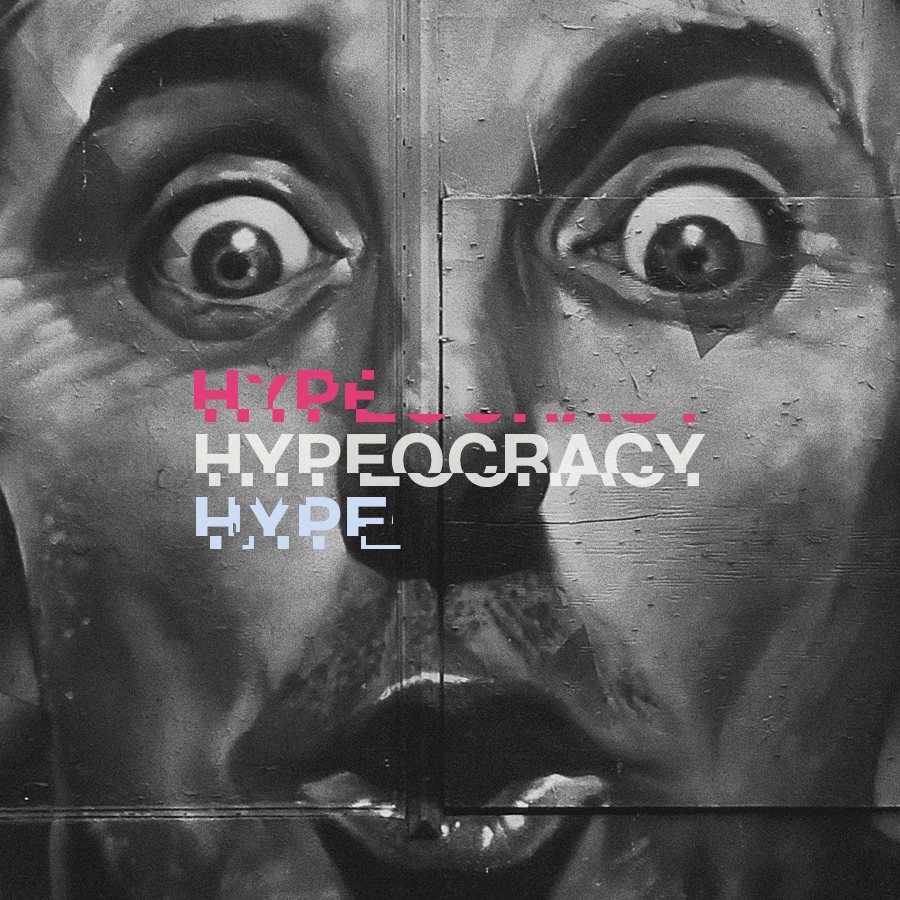Disrupt
The technologists are in a competition to 'disrupt' our culture. That’s a word that sounded hip and progressive a few years ago but has lost a bit of its shine now that things have begun tipping into chaos.
Disrupt literally means to break into pieces, to rupture. Is that really what we want to do to our society? Honestly, I’m not sure. Blogs and blockchains are examples of old power structures being ruptured. But so are angry hashmobs witch-hunting on Twitter and now those mobs are spilling over into the streets.
There was a brief period that started near the end of the last century when anyone with a computer and some programming skills was suddenly free to chip away at the bedrock of society. It was intoxicating. You didn’t need anyone’s permission. You could just pick up a digital hammer and chisel and go to work. When the venture capitalists arrived, a few of the disruptors got to replace their meager hand tools with cultural wrecking balls. And, for a while, there was this sense of euphoria as we watched the pillars of society shake a little. But now you have to wonder whether we took down some load bearing walls along the way.
Real disruption is never neat and contained like a controlled demolition; it's messy and full of unintended consequences. Twitter shattered all of our previous rules about how information should flow through our culture—and we cheered. Fast forward a few years though, and now the celebration seems to be over. It turns out that opiating ourselves with endless streams of bite-sized news might not be the best way to stick it to the Man. Sure, the old networks of power were disrupted, but new ones have sprung up in their place; and bits of our psychology seem to be rupturing as well.

